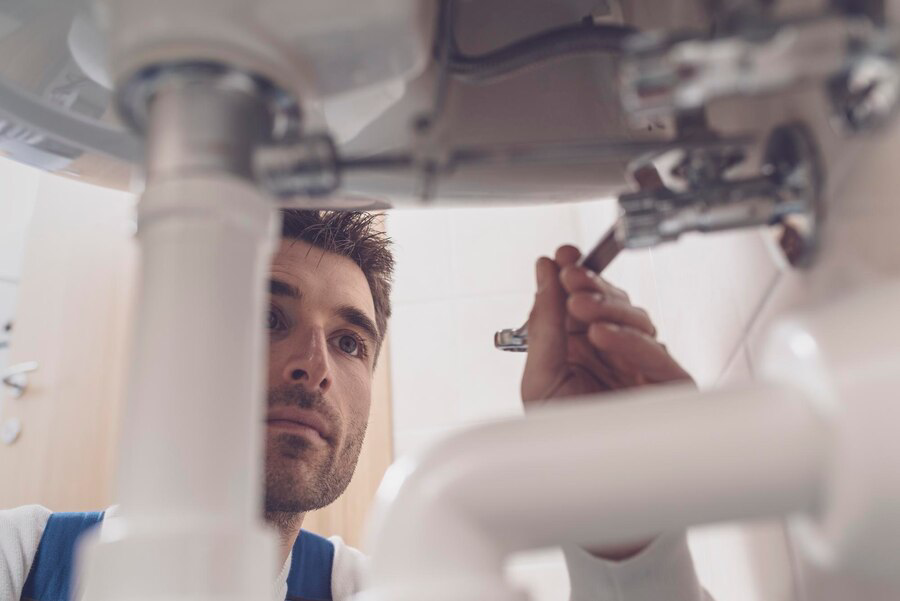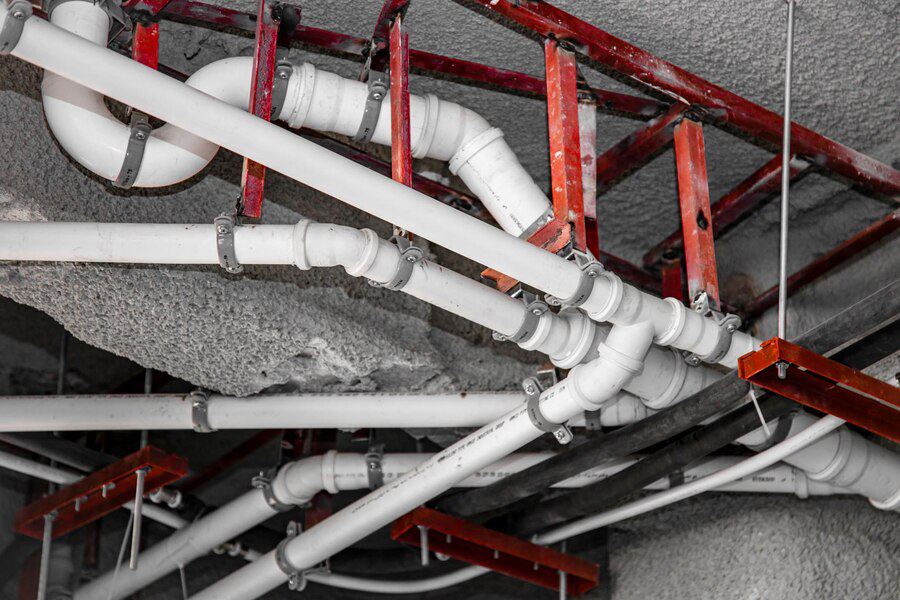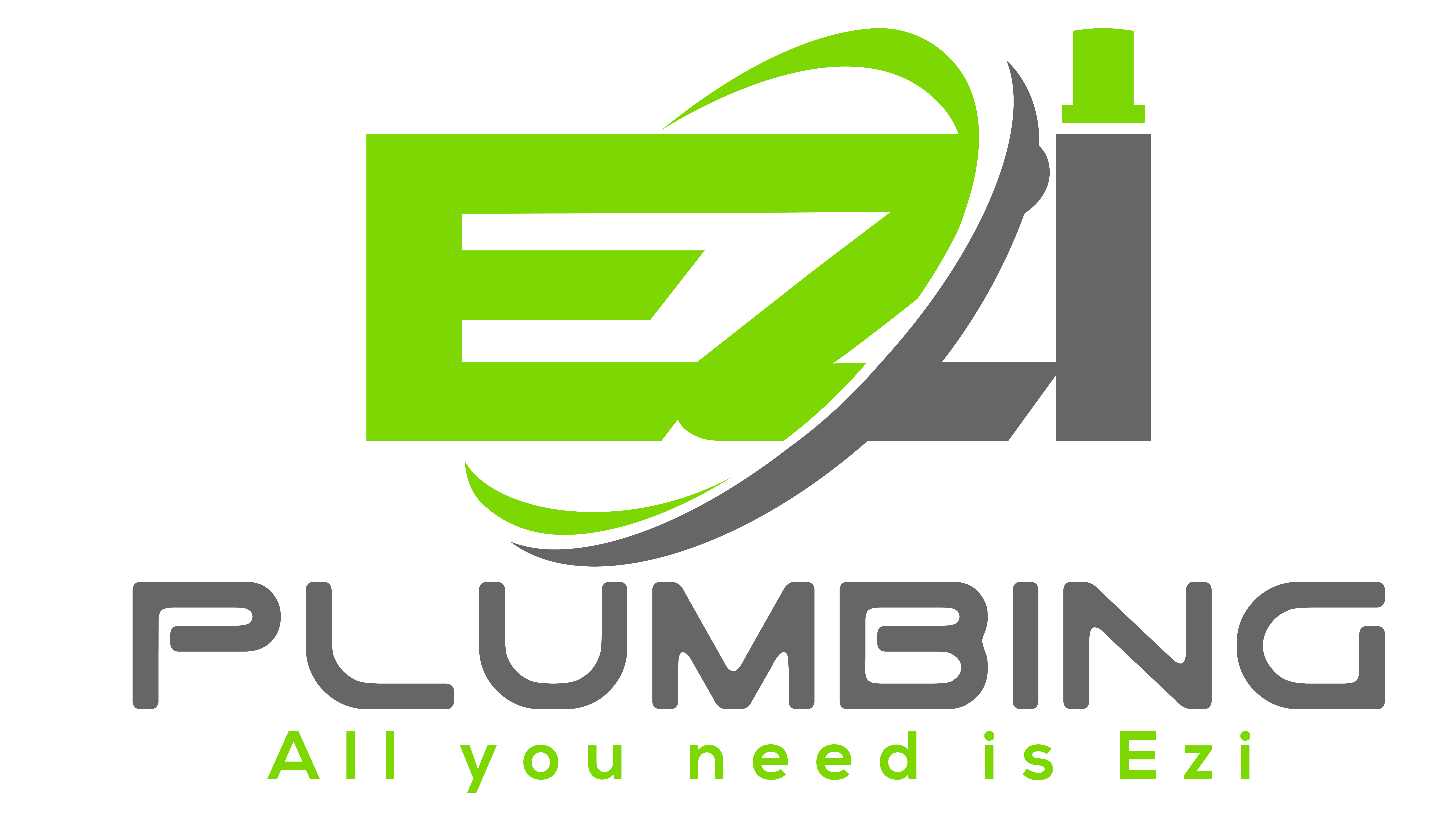Are you tired of waking up to a flooded bathroom or dealing with a burst pipe in the middle of the night? Plumbing disasters can wreak havoc on your home and your wallet, but fear not! In this guide, we’ll explore effective strategies to prevent plumbing disasters and keep your home’s plumbing system running smoothly. From simple maintenance tasks to proactive measures, we’ll cover everything you need to know to safeguard your home against common plumbing issues. Whether you’re a new homeowner or a seasoned DIY enthusiast, implementing these preventative measures can save you from the headache and expense of dealing with plumbing emergencies. So, grab your toolkit and let’s dive into the world of proactive plumbing maintenance to ensure peace of mind and a smoothly functioning home.
Early Detection: The Key to Avoiding Plumbing Catastrophes
Plumbing issues can quickly escalate from minor inconveniences to major disasters if left unchecked. From leaky faucets to burst pipes, the damage caused by plumbing failures can be extensive and costly. However, by adopting a proactive approach to maintenance and early detection, homeowners can prevent many plumbing emergencies before they occur. In this guide, we’ll explore why early detection is crucial in avoiding plumbing catastrophes and provide practical tips to help you safeguard your home’s plumbing system.

Understanding the Importance of Early Detection
Early detection is the cornerstone of effective plumbing maintenance. By identifying potential issues in their infancy, homeowners can address them promptly, preventing small problems from spiraling into major disasters. From hidden leaks to deteriorating pipes, catching plumbing issues early can save you time, money, and stress in the long run.
Regular Inspections: A Preventive Measure
One of the most effective ways to detect plumbing problems early is by conducting regular inspections of your home’s plumbing system. Inspect visible pipes, faucets, and fixtures for signs of leaks, corrosion, or damage. Additionally, check for water stains on walls and ceilings, which could indicate hidden leaks. By staying vigilant and proactive, you can catch potential issues before they escalate.
Monitoring Water Usage
An unexpected increase in water usage can be a red flag for plumbing problems. Keep an eye on your water bill for any unexplained spikes in usage, as this could indicate a leak or other issue in your plumbing system. Installing a smart water meter or leak detection system can also help you monitor water usage and detect abnormalities early on.
Addressing Minor Leaks Promptly
Even small leaks can lead to significant water damage over time if left untreated. Whether it’s a dripping faucet or a minor pipe leak, address any signs of water leakage promptly. Tighten loose fittings, replace worn washers, or call a plumber to repair damaged pipes. Ignoring minor leaks can result in mold growth, structural damage, and costly repairs down the line.
Maintaining Proper Drainage
Clogged drains are a common plumbing issue that can lead to backups and flooding if not addressed promptly. To prevent drain clogs, avoid disposing of grease, food scraps, and other debris down the drain. Use drain strainers to catch hair and debris, and periodically flush drains with hot water and vinegar to remove buildup. By maintaining proper drainage, you can prevent plumbing catastrophes caused by blockages.
Protecting Your Pipes: Simple Strategies for Preventing Freezing and Bursting
As temperatures drop during the winter months, the risk of frozen and bursting pipes increases significantly. Frozen pipes not only disrupt water flow but can also lead to costly water damage and repairs. However, with some simple preventive measures, homeowners can safeguard their pipes and prevent them from freezing and bursting. In this guide, we’ll explore effective strategies for protecting your pipes during cold weather and minimizing the risk of plumbing emergencies.
Understanding the Risks of Frozen and Bursting
Pipes When water inside pipes freezes, it expands, exerting pressure on the pipe walls. This pressure can cause pipes to crack, rupture, or burst, leading to water leaks and potential flooding. Pipes most vulnerable to freezing include those in unheated areas such as basements, attics, crawl spaces, and exterior walls. Understanding these risks is crucial for implementing effective preventive measures.
Insulating Exposed Pipes
Insulating exposed pipes is one of the most effective ways to prevent freezing and bursting. Use pipe insulation sleeves or wrapping to cover exposed pipes, especially those in unheated areas. Focus on pipes located near exterior walls, in attics, and in crawl spaces. Insulation helps retain heat and protect pipes from freezing temperatures, reducing the risk of bursts.

Sealing Drafts and Air Leaks
Drafts and air leaks around pipes can contribute to freezing by allowing cold air to circulate around them. Seal gaps and cracks in walls, floors, and around windows and doors to prevent cold air infiltration. Use caulking or weatherstripping to seal gaps and keep cold air out. By eliminating drafts, you can help maintain warmer temperatures around pipes and reduce the risk of freezing.
Keeping Interior Spaces Warm
Maintaining adequate indoor temperatures is essential for preventing pipes from freezing. Set thermostats to at least 55°F (13°C) or higher, even when the house is unoccupied. Avoid closing off unused rooms, as this can prevent warm air from circulating and reaching pipes in these areas. Insulate walls and floors to help retain heat and keep interior spaces warm, especially in basements and crawl spaces.
Allowing Faucets to Drip
Allowing faucets to drip slightly during periods of freezing weather can help prevent pipes from freezing. Moving water is less likely to freeze than stagnant water, so letting faucets drip can help keep water flowing and reduce the risk of freezing. Focus on faucets located along exterior walls or in unheated areas, as these are most susceptible to freezing.
The Importance of Regular Drain Cleaning in Preventing Plumbing Emergencies
Regular drain cleaning is often overlooked but plays a crucial role in maintaining a healthy plumbing system. Clogged drains can lead to backups, foul odors, and even structural damage if left untreated. In this guide, we’ll highlight the importance of regular drain cleaning in preventing plumbing emergencies and keeping your home’s plumbing system running smoothly.
- Preventing Clogs: Regular drain cleaning helps prevent the buildup of hair, grease, soap scum, and other debris that can lead to clogs. By keeping drains clear, you reduce the risk of backups and blockages that can cause plumbing emergencies.
- Maintaining Proper Drainage: Clean drains ensure proper water flow, preventing slow drains and standing water. This helps maintain optimal drainage throughout your home and reduces the risk of water damage.
- Avoiding Foul Odors: Clogged drains can produce unpleasant odors caused by trapped food particles and organic matter. Regular drain cleaning eliminates these sources of odor, keeping your home smelling fresh.
- Preventing Pipe Damage: Clogs can exert pressure on pipes, leading to leaks, cracks, and even burst pipes. By removing blockages promptly, you can prevent potential damage to your plumbing system and avoid costly repairs.
Conclusion
Safeguarding your home against plumbing disasters is not only prudent but essential for maintaining a comfortable and functional living space. By implementing the preventive measures outlined above, you can significantly reduce the risk of costly and inconvenient plumbing emergencies. Remember, regular maintenance, proactive inspections, and swift attention to minor issues can spare you from major headaches down the line. Whether it’s fixing leaks, insulating pipes, or installing pressure-reducing valves, taking proactive steps now can save you time, money, and stress in the future.
For professional assistance in securing your home’s plumbing system and ensuring its long-term resilience, don’t hesitate to contact us at EZI Plumbing. Serving the Chain Valley Bay area, our team of experienced plumbers is dedicated to providing reliable solutions tailored to your specific needs. Give us a call at +61 448467788 to schedule a consultation or visit our website for more information on our services. Let’s work together to keep your home safe, dry, and leak-free.

